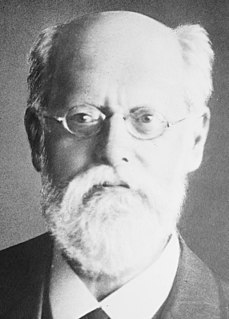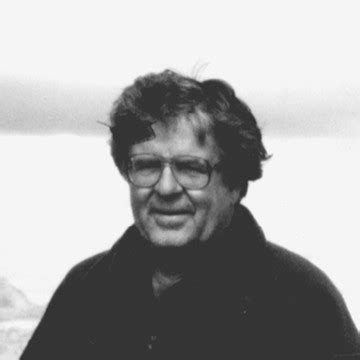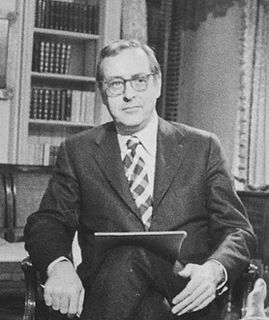A Quote by Marilyn Ferguson
It is a dark, unspoken truth that the powerful - the 'ruling class' - make up the rules as they go along.
Related Quotes
The history of mankind is a history of the subjugation and exploitation of a great majority of people by an elite few by what has been appropriately termed the 'ruling class'. The ruling class has many manifestations. It can take the form of a religious orthodoxy, a monarchy, a dictatorship of the proletariat, outright fascism, or, in the case of the United States, corporate statism. In each instance the ruling class relies on academics, scholars and 'experts' to legitimize and provide moral authority for its hegemony over the masses.
The ideas of the ruling class are in every epoch the ruling ideas, i.e. the class which is the ruling material force of society, is at the same time its ruling intellectual force. The class which has the means of material production at its disposal, has control at the same time over the means of mental production, so that thereby, generally speaking, the ideas of those who lack the means of mental production are subject to it. The ruling ideas are nothing more than the ideal expression of the dominant material relationships, the dominant material relationships grasped as ideas.
I am not a capitalist soldier; I am a proletarian revolutionist. I do not belong to the regular army of the plutocracy, but to the irregular army of the people. I refuse to obey any command to fight from the ruling class, but I will not wait to be commanded to fight for the working class. I am opposed to every war but one; I am for that war with heart and soul, and that is the world-wide war of social revolution. In that war I am prepared to fight in any way the ruling class may make necessary, even to the barricades.
The Saudi, Arabian ruling class, for example, have rights because they are performing a service for Western power, ensuring that oil profits go to the West and not to the regional population. The local gendarmes like Israel, Turkey and so on have rights, at least in their ruling groups. Others do not.





































